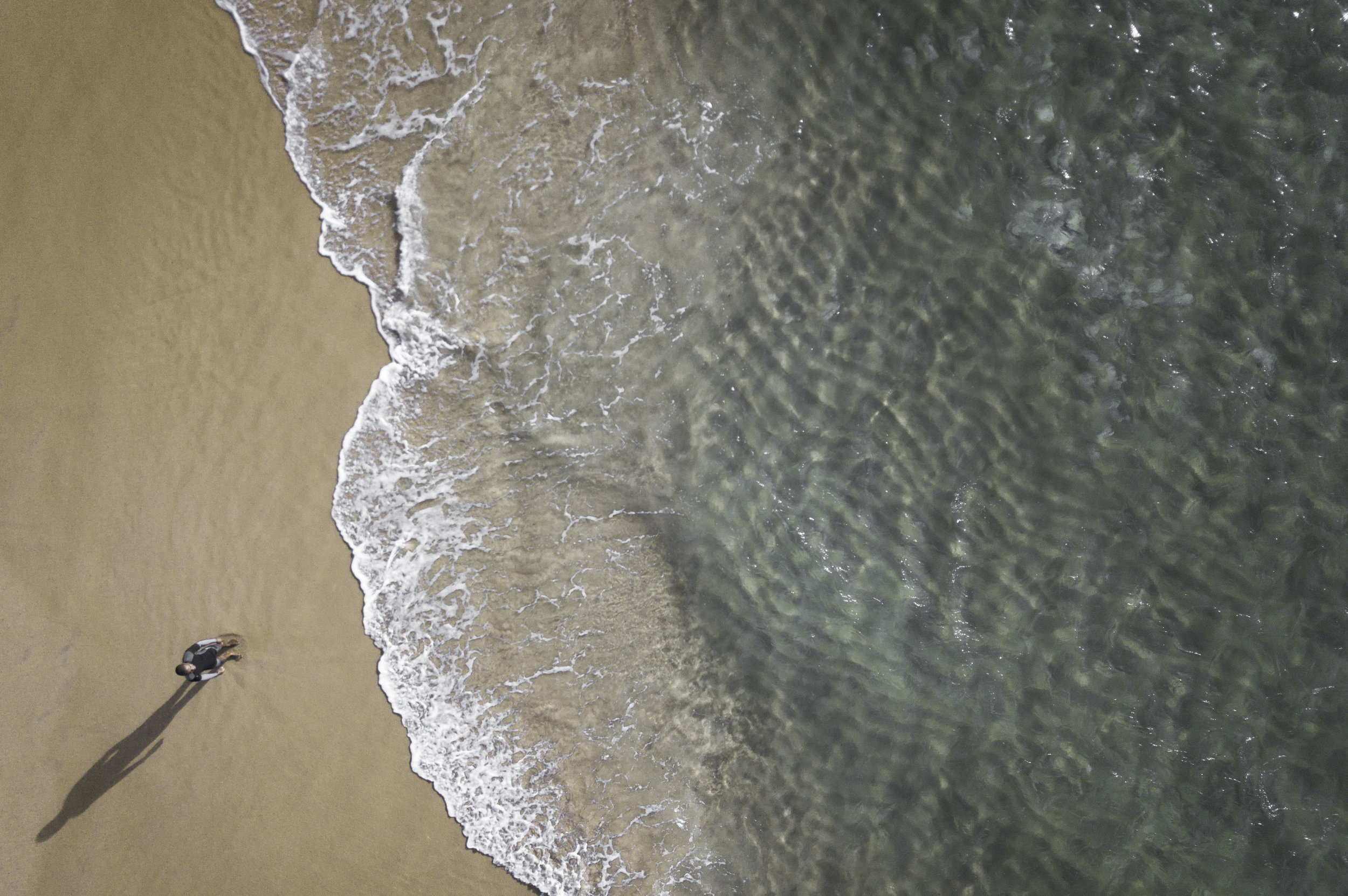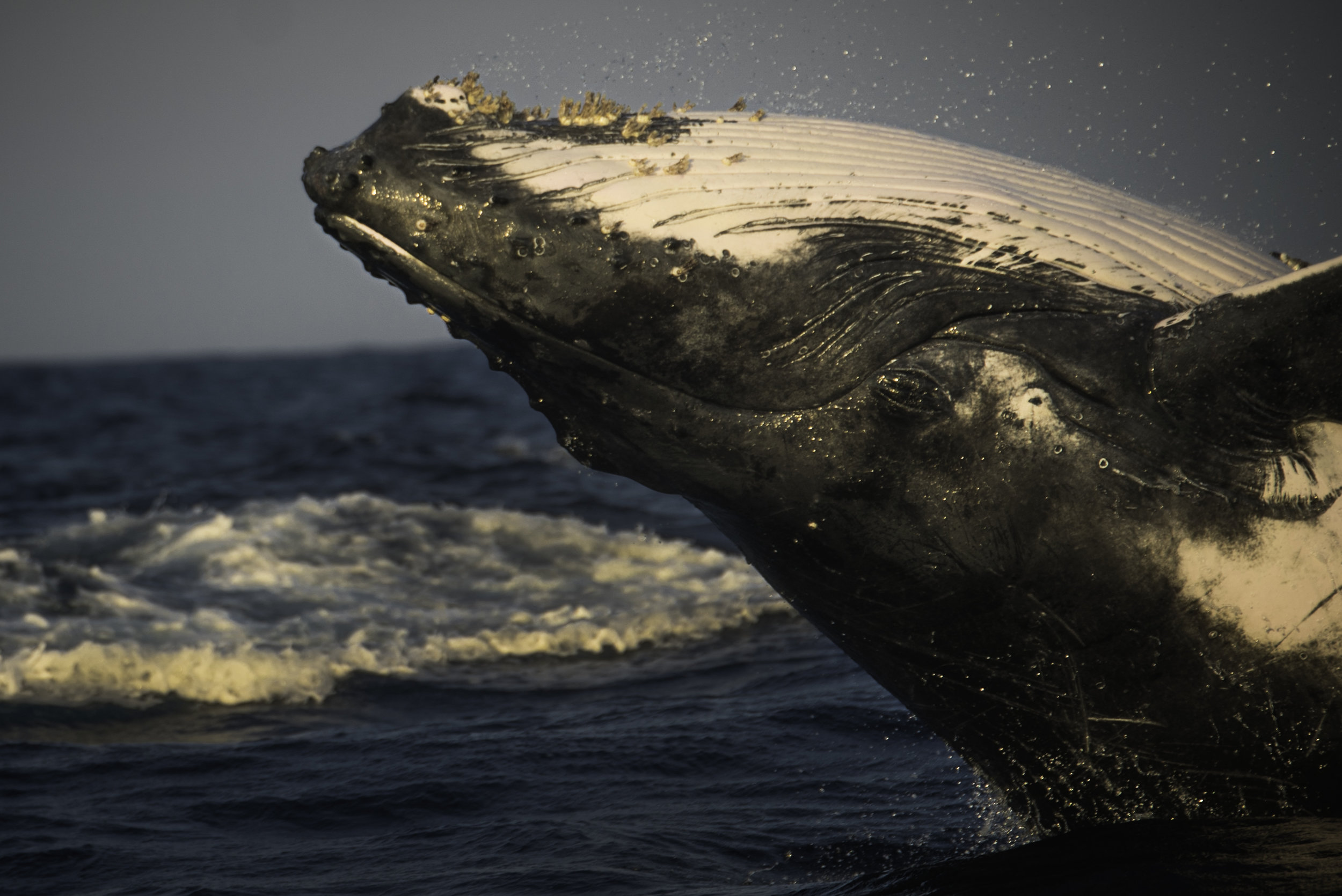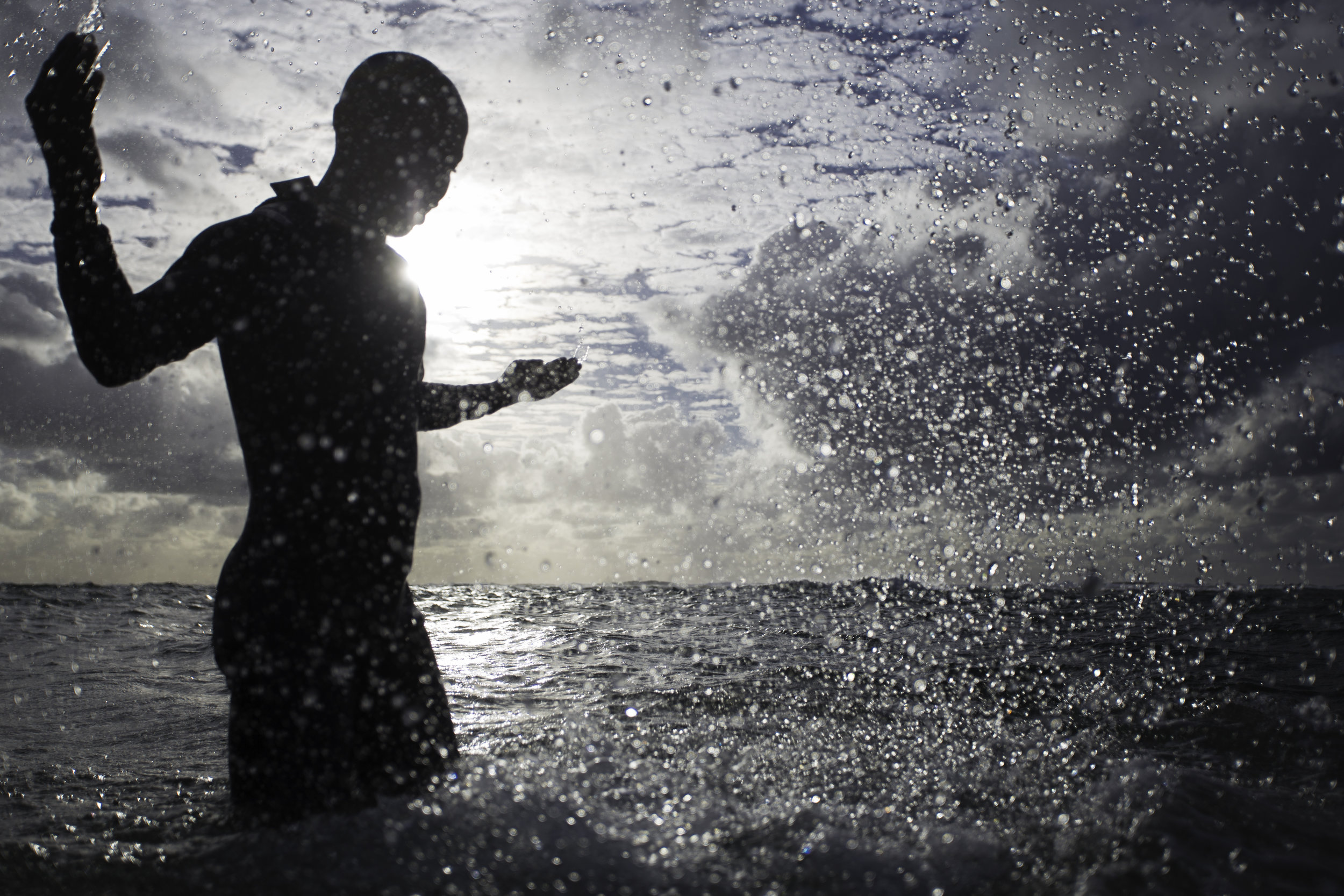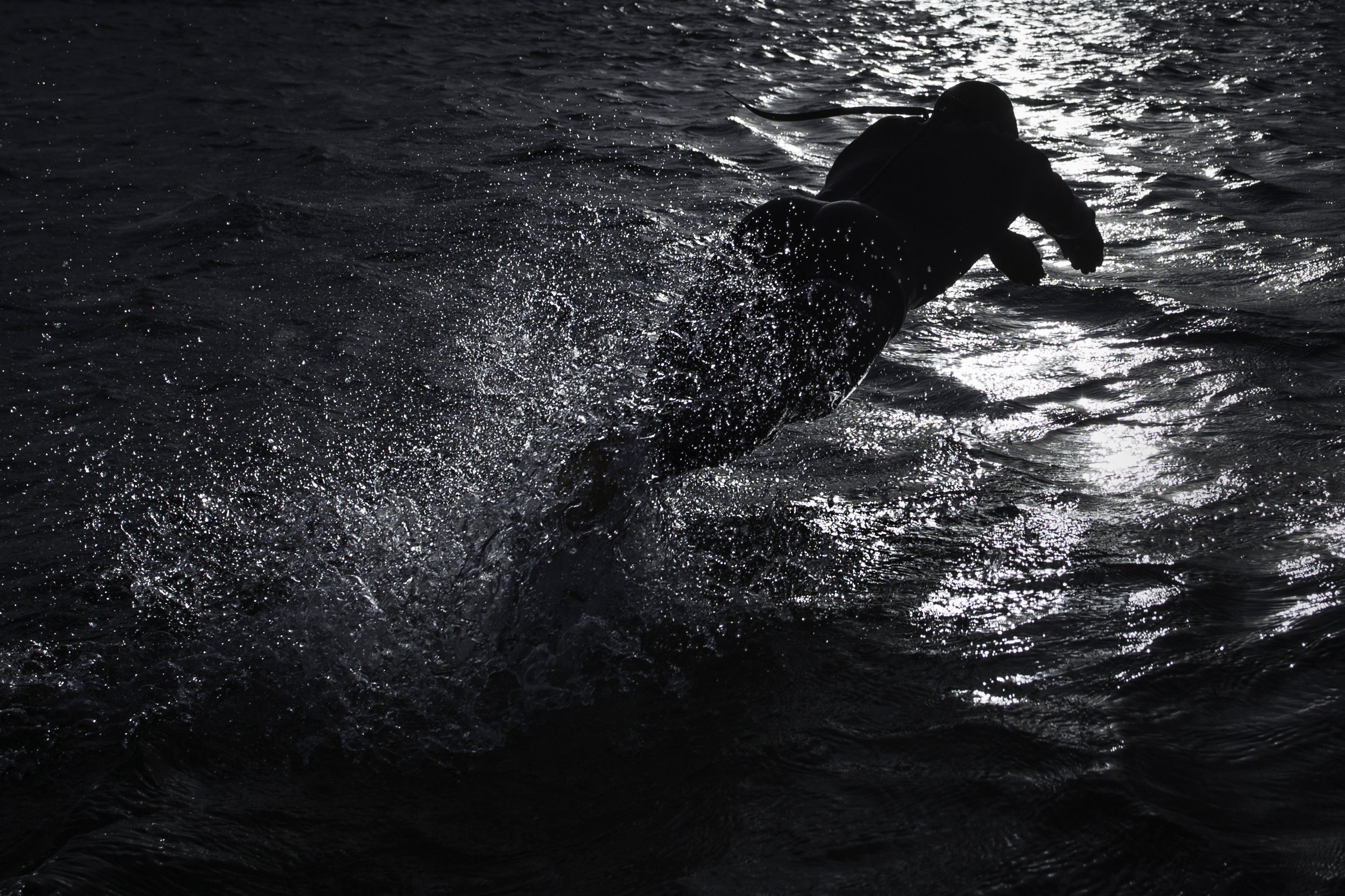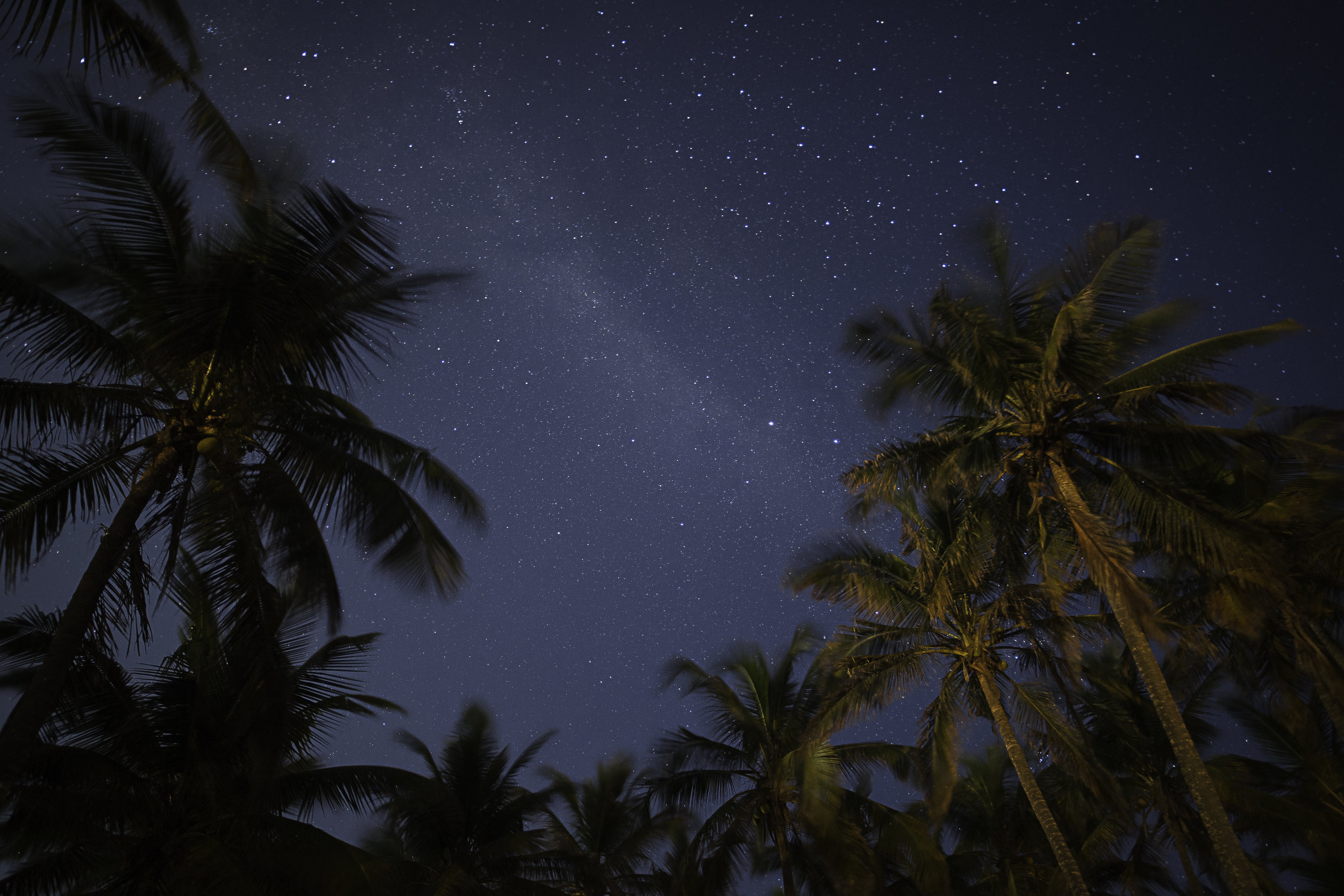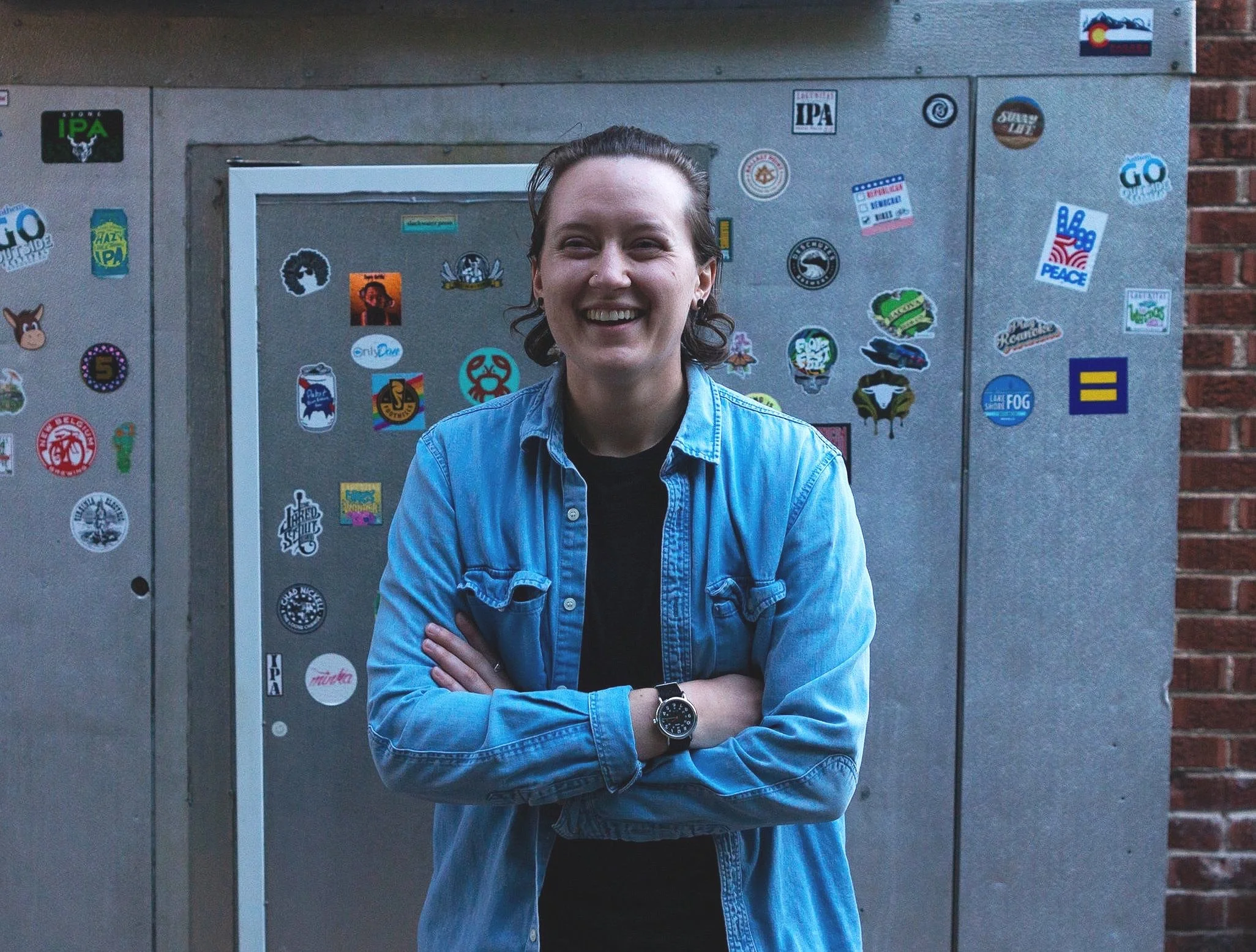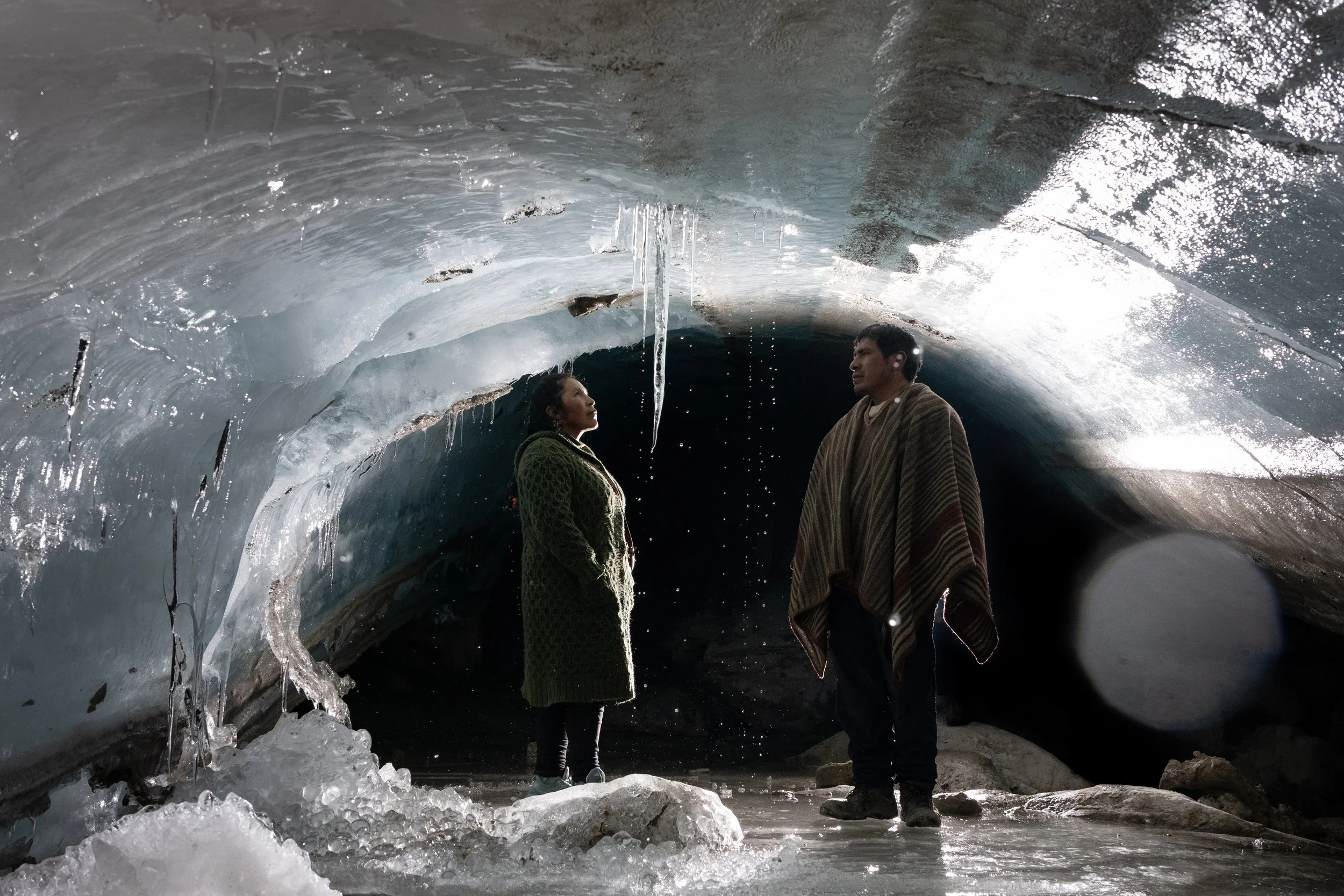Photo by Danielle Da Silva
Beautiful Guinjata Bay, on the coast of Mozambique, is a place considered to be a hidden treasure. Every year, many cetaceans and aquatic species come together, migrating with their young, to feed and rest before continuing on their journeys. Humpback whales have the longest migration routes of all sea mammals, travelling up to 5000 km all over the world.
Sadly, global ocean health is in decline, and there are few places for these creatures to live that are safe from the devastation of overfishing. Guinjata Bay is threatened similarly; the local economy suffered after a resort was destroyed during a major storm. With so many jobs being lost, people have turned to shark fishing, which threatens to disturb the local ecosystem and other aspects of marine life, including the annual return of the humpbacks. Apartheid has also caused an influx of white South Africans into Mozambique, many of whom brought with them Apartheid-like values. It is said that one of the white-owned resorts in Guinjata Bay has a policy against serving people of colour.
Photo by Danielle Da Silva
Love the Oceans (LTO) is a marine conservation non-profit working in Guinjata Bay. Founded by marine biologist Francesca Trotman in 2014, the vision for Love the Oceans is to establish a local Marine Protected Area (MPA) by empowering local communities through education and new opportunities in the ecotourism industry.
If an MPA can be established in the region, then there would be a substantial local incentive to build industry in a bottom-up, sustainable way. To do that, LTO is working to compile data and evidence-based reports that demonstrate that this region should be designated as marine protected.
“I saw a shark killing and was angry at the fisherman, but soon realized he was just collecting fins to make money for his family. It was then I realized that I had to criticize the shark fin industry as a whole. The shark fin industry is unsustainable,” explained Trotman.
Photos by Danielle Da Silva
LTO now runs a volunteer program to help support their research efforts, with volunteers helping to collect plastic from the beach, raising awareness, and offering swimming lessons and teaching classes with the goal of fostering positive relationships with the ocean.
Another critical threat is the alarming amount of plastic that continually washes up onto the beach. “We remove a lot of trash from the beach every year. Everyone knows plastic is an issue, but seeing it up close is very different..when people come here they realize plastic never disappears. When you throw it out, there’s no ‘out’ - we have a lot of international trash coming up on our shores. We see people change their attitudes to waste disposal when they come out here," Trotman said. Love the Oceans is intent on learning where the trash is coming from so they can put pressure and hold accountable those responsible for polluting the ocean.
Photo by Danielle Da Silva
Most importantly, LTO is committed to building an active community, and working together to manage the potential MPA. LTO prides itself in being an ethical volunteer organization that ensures its efforts do not take away jobs from local people. By fundraising abroad, they bring money to Mozambique to employ locals and build schools.
“I love this work, it helps me to teach people about what we can do for our community. Before Love The Oceans, I worked as a fisher. It’s not enough to feed a family,” said Pascal Nhamussua, community outreach manager at Love the Oceans. “Working at Love The Oceans helped me change from being a fisherman to conservationist. I feel like I’m an important person in the community now, and I love helping other people”.
Photo by Danielle Da Silva
Click here to learn more about Love the Oceans and how you can support their conservation efforts.
This article was first published in PWB Magazine #11, on sale now. And take home your own Love the Ocean prints through the PWB Print Shop.



